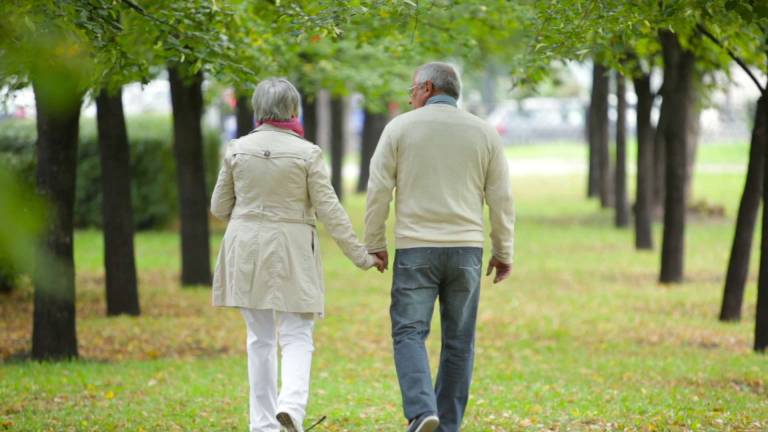Exercise, even in small doses, offers tremendous benefits for senior citizens

Retaining the ability to get up and about easily — to walk across a parking lot, climb a set of stairs, rise from a chair and maintain balance — is an under-appreciated component of good health in later life.
When mobility is compromised, older adults are more likely to lose their independence, become isolated, feel depressed, live in nursing homes and die earlier than people who don’t have difficulty moving around.
Problems with mobility are distressingly common: About 17 percent of seniors age 65 or older can’t walk even one-quarter of a mile, and another 28 percent have difficulty doing so.
But trouble getting around after a fall or a hip replacement isn’t a sign that your life is headed irreversibly downhill. If you start getting physical activity on a regular basis, you’ll be more likely to recover strength and flexibility and less likely to develop long-term disability, new research published in the Annals of Internal Medicine shows.
This encouraging finding comes from a study of people at high risk of mobility problems: men and women between the ages of 70 and 89 who were sedentary and had some difficulties with daily activities but were still able to walk a quarter mile without assistance.
The goal was to have participants meet the government’s recommended standard of 150 minutes of weekly moderate physical activity and sustain that level over time.
Results confirmed the extraordinary benefits of physical activity, which has been shown in previous research to lower an individual’s risk of heart disease, cognitive impairment, diabetes, depression and some cancers.
The group that focused on walking and strength and balance exercises was 25 percent less likely to experience significant problems with mobility than the group that focused on education over a period of almost three years. Specifically, they recovered faster from episodes of being unable to walk and were less likely to have problems getting around after that recovery period.
“If there was a pill that offered comparable benefits, it would be a billion-dollar product and people would be all over it,” said Dr. Thomas Gill, lead author of the new paper and a professor of geriatrics at the Yale School of Medicine, as well as director of Yale Program on Aging.
Patricia Katz, a professor of medicine and health policy at the University of California, San Francisco, said it’s never too late to begin exercising.
“Older adults may think ‘it’s too late for me — I’m too old or too sick for this," she said. “The message from this study is it’s never too late.”
Source: Kaiser Health News: khn.org